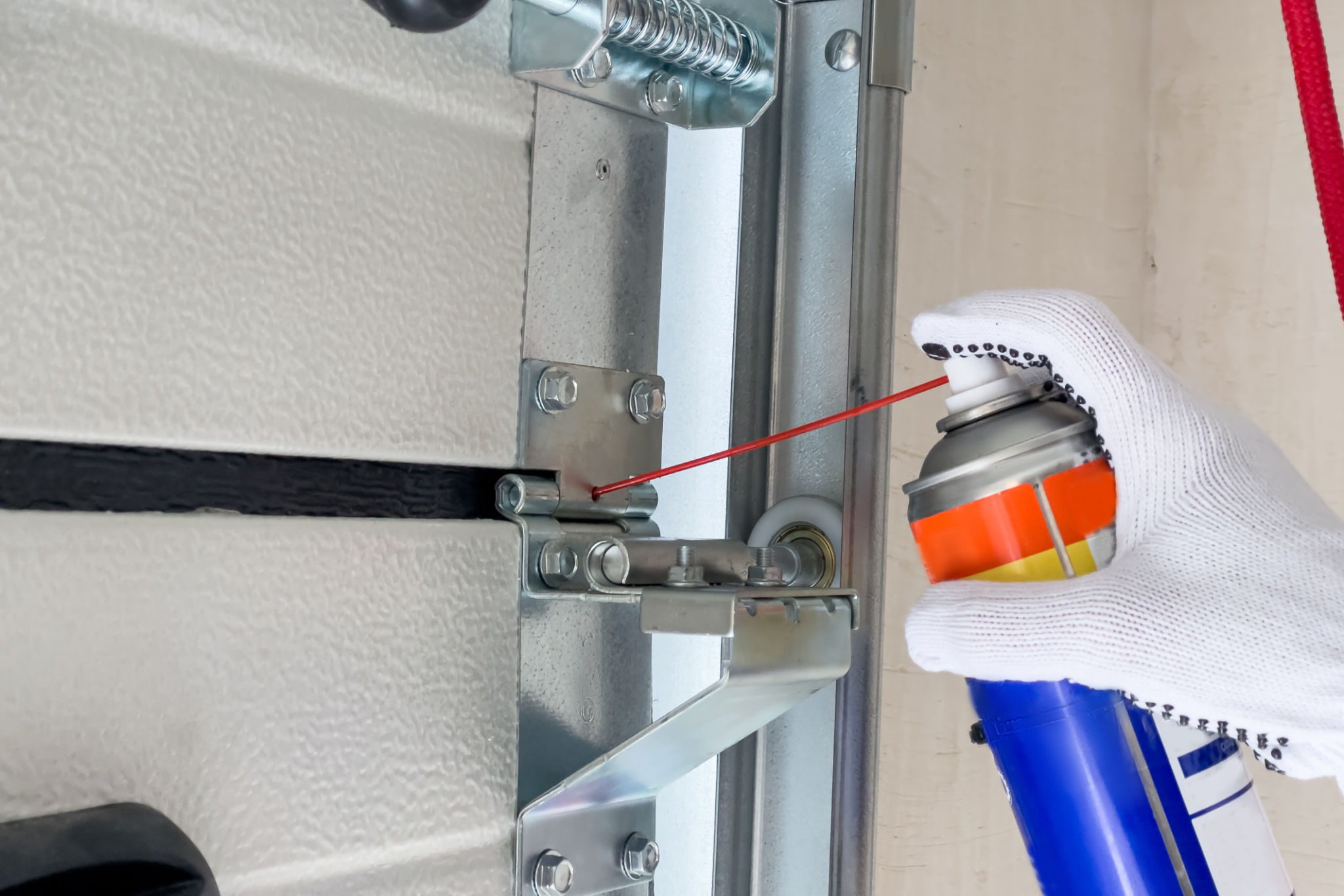DIY Lock Maintenance: Simple Tips to Keep Your Locks in Top Condition
Understanding the Importance of Lock Maintenance
Locks are an essential part of home security, and maintaining them is crucial for ensuring they function properly. Regular maintenance can prevent issues like jamming or sticking, ultimately extending the life of your locks. By incorporating some simple DIY maintenance techniques, you can keep your locks in top condition without the need for professional help.
Regular Cleaning
Dirt and grime can accumulate in locks over time, leading to operational problems. To clean your locks, use a damp cloth or a mild detergent to wipe down the exterior. Avoid using harsh chemicals that can damage the lock's finish. Additionally, you can use compressed air to blow out any dust or debris from the keyhole.

Lubrication
Proper lubrication is key to maintaining smooth lock operation. Avoid using oil-based products as they can attract dust and grime. Instead, opt for a graphite or Teflon-based lubricant. To apply, insert the nozzle into the keyhole and spray a small amount. Then, insert and turn the key several times to distribute the lubricant evenly.
Check for Wear and Tear
Inspect your locks regularly for signs of wear and tear. Look for any visible damage or rust on the lock body and strike plate. If you notice any issues, it may be time to replace the lock to ensure optimal security. Pay special attention to the deadbolt and latch mechanism, as these are critical components.

Ensure Proper Alignment
Misalignment between the lock and the strike plate can lead to difficulties in locking and unlocking. Check if the lock aligns properly when the door is closed. If not, adjust the strike plate or hinges accordingly. You may need to tighten screws or replace them if they are stripped.
Test Your Locks Regularly
Testing your locks regularly is an important step in lock maintenance. Make it a habit to lock and unlock each door at least once a month. This practice ensures that all components are functioning correctly and helps identify any potential issues early on.

Keep Spare Keys Handy
Having a spare key can prevent excessive wear on your primary key, which can lead to bending or breaking. It's also helpful in case you lose your main key or if it gets stuck in the lock. Store spare keys in a secure location outside the home or with a trusted neighbor.
When to Call a Professional
Despite regular maintenance, some lock issues may require professional assistance. If your lock is consistently jamming, if there is significant damage, or if you've lost all keys to a lock, it's best to contact a locksmith. They have the tools and expertise to resolve complex problems efficiently.
By following these DIY lock maintenance tips, you can ensure that your locks remain in excellent condition, providing security and peace of mind for you and your family.
